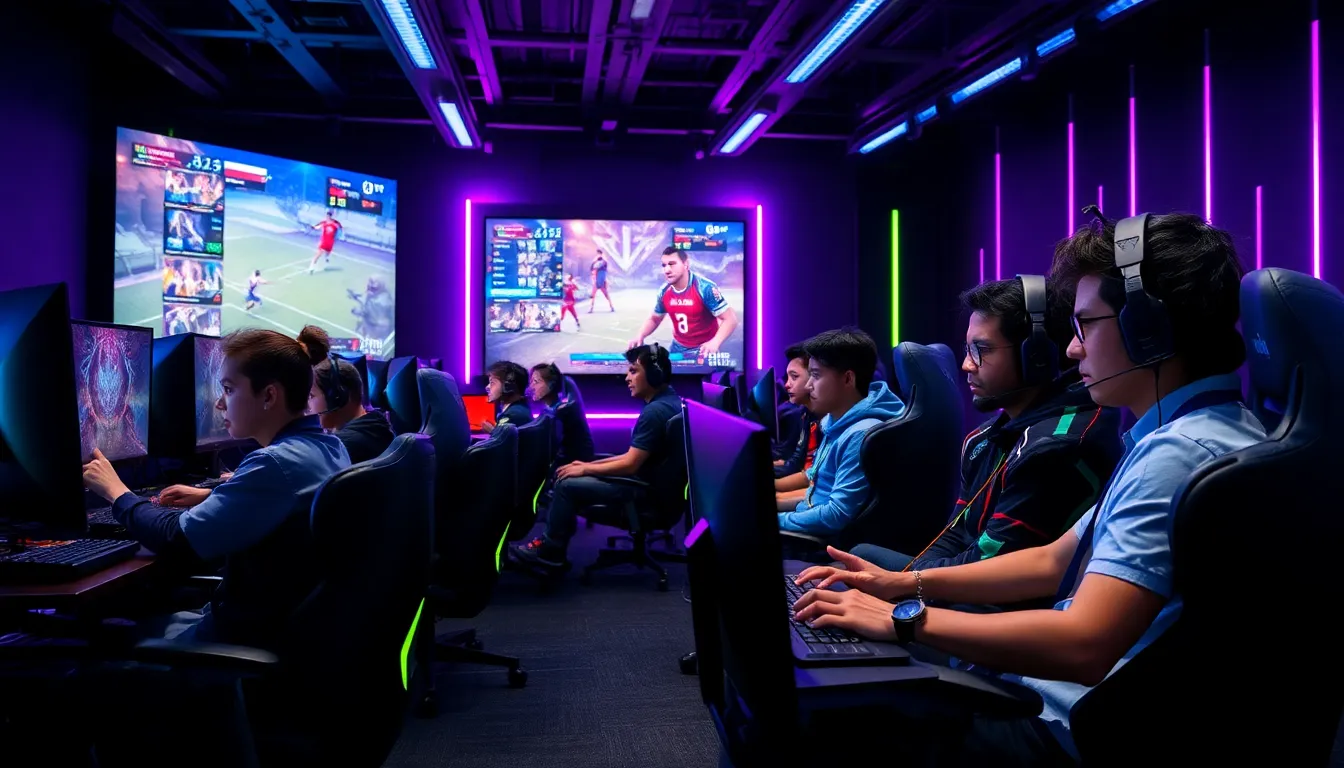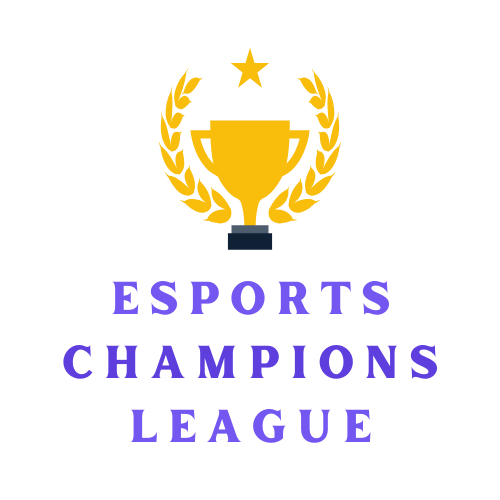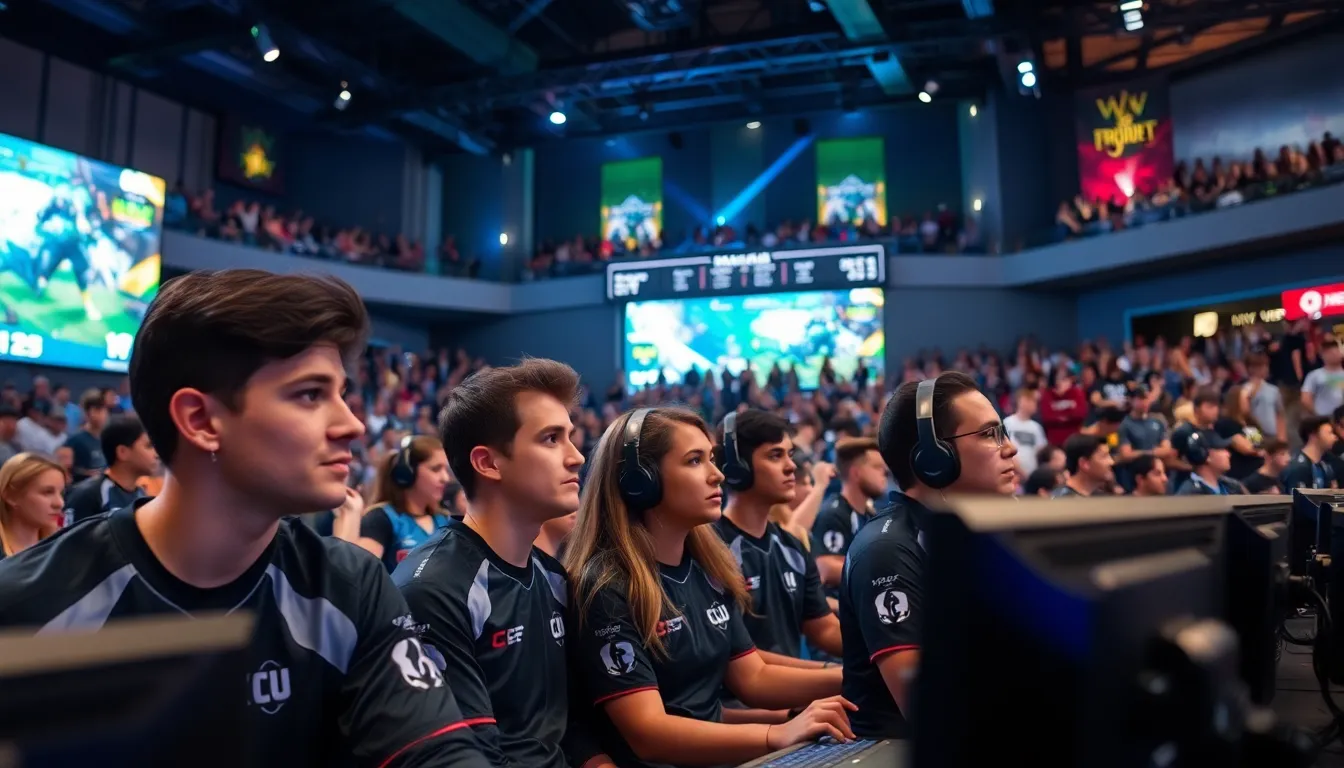Imagine a world where athletes sweat not under the glare of stadium lights but in the glow of their computer screens. Wild, right? Welcome to the burgeoning realm of esports, where strategy, skill, and sometimes a good old energy drink make champions. But it begs the question: is esports truly a sport? In this text, we’ll navigate through definitions, perceptions, and the future of gaming in the athletic world. Buckle up, because it’s going to be an intriguing ride.
is esports considered a sport

The age-old definition of sports has long emphasized physical activity, team play, and competitive nature. Traditional sports like basketball, soccer, and swimming often involve significant physical exertion and outdoor engagement. But, in our digitally driven age, perceptions of sport have evolved, leading us to question what constitutes a sport in modern times.
While purists argue that muscle and speed define athleticism, others point to strategic thinking, quick reflexes, and teamwork present in gaming. This divergence in perspective sets the stage for the ongoing debate about whether esports deserves a seat at the sports table.
Consider this: sports have always been about competition and skill. Yet, the definition of skill is changing. Players in esports showcase their prowess through mental agility and split-second decisions, akin to chess grandmasters navigating a virtual battlefield. In contrast, think about traditional sports enthusiasts who might scoff at the idea of sweating over a keyboard instead of a basketball court.
The Rise of Esports: A New Frontier
Esports has surged into the mainstream like a rocket launch, captivating millions around the globe. What began as casual gaming has transformed into a monumental industry, complete with professional players, sizeable sponsorship deals, and massive tournaments that fill arenas.
The International Dota 2 Championship, for example, boasts prize pools that rival those of traditional sports tournaments. Such impressive figures underscore the legitimacy of esports, leading many to view it not just as a hobby but a profession.
As public interest swells, universities are even offering scholarships for talented players, turning the tide of how society perceives competitive gaming. This rise has not only positioned esports as entertainment but also as a serious domain warranting recognition as a sport.
Arguments For Esports Being Classified As A Sport
Proponents of esports highlight several compelling reasons for its classification as a sport. First and foremost, the level of competition is fierce. Professional gamers train rigorously, dedicating hours to honing their reflexes, strategies, and teamwork. This type of preparation and commitment mirrors the dedication seen in traditional sports.
Also, the mental acuity required in esports cannot be overlooked. Players often engage in complex problem-solving while under intense pressure, much like athletes must do during a game. Skills such as hand-eye coordination and quick decision-making are vital, proving that esports athletes possess a unique skill set.
Besides, the community aspect of esports parallels traditional sports. Fans passionately support their teams, gathering online and in-person to watch competitions, much like supporters in football stadiums. This communal engagement fosters a culture of camaraderie and excitement, reinforcing the similarities between esports and traditional sports.
Arguments Against Esports Being Classified As A Sport
On the flip side, critics argue against classifying esports as a sport based on various factors. A common argument centers on the physical activity component. Many enthusiasts assert that without significant physical exertion, activities cannot be deemed sports. Sitting in front of a screen for hours, regardless of how intense the competition may be, doesn’t align with traditional views of athletically engaged activities.
Some critics also question the emotional and psychological toll of esports, suggesting that excessive gaming can lead to addiction and negative health outcomes. They argue that rather than promoting physical well-being, esports could encourage a sedentary lifestyle.
Also, the view that gaming is primarily a recreational activity persists in some circles, with traditionalists emphasizing that the ethos of sports stems from physical challenges and outdoor pursuits.
Comparative Analysis: Esports and Traditional Sports
As the debate continues, comparing esports to traditional sports reveals both stark differences and surprising similarities. Both types of competition require skill, strategy, and teamwork, showcasing talents in unique ways. Take a football match, for instance: players must work cohesively, strategizing plays while adapting to the dynamic environment of the game. Similar scenarios unfold in esports, where teams navigate digital landscapes, developing tactics to outmaneuver opponents.
But, the avenues of training differ significantly. While traditional athletes engage in physical conditioning, esports players may spend countless hours practicing their reflexes and strategies in virtual settings. This difference often fuels the debate about the physicality involved, with one side arguing for agility and the other emphasizing mental prowess.
Summarizing, while there are notable distinctions, the essence of competition, skill, and community ties the two together in unexpected ways.
The Future of Esports: Integration and Recognition
Looking forward, the future of esports appears bright, with integration into mainstream culture likely to deepen. As recognition continues to grow, it’s not far-fetched to imagine esports finding its place alongside traditional sports in various institutions, from schools to professional leagues.
Several organizations are already exploring how to merge esports with physical education, creating a holistic approach that acknowledges both the mental and physical aspects of competition. Such initiatives can foster respect and acceptance among skeptics while paving the way for innovative training programs.
Also, the push for regulation in esports could add legitimacy, similar to traditional sports. Establishing standards and governing bodies may quell naysayers, further reinforcing esports’ classification as a sport. The evolution of this industry could reshape our understanding of what athletics entail, making it inclusive and representative of diverse skills.

